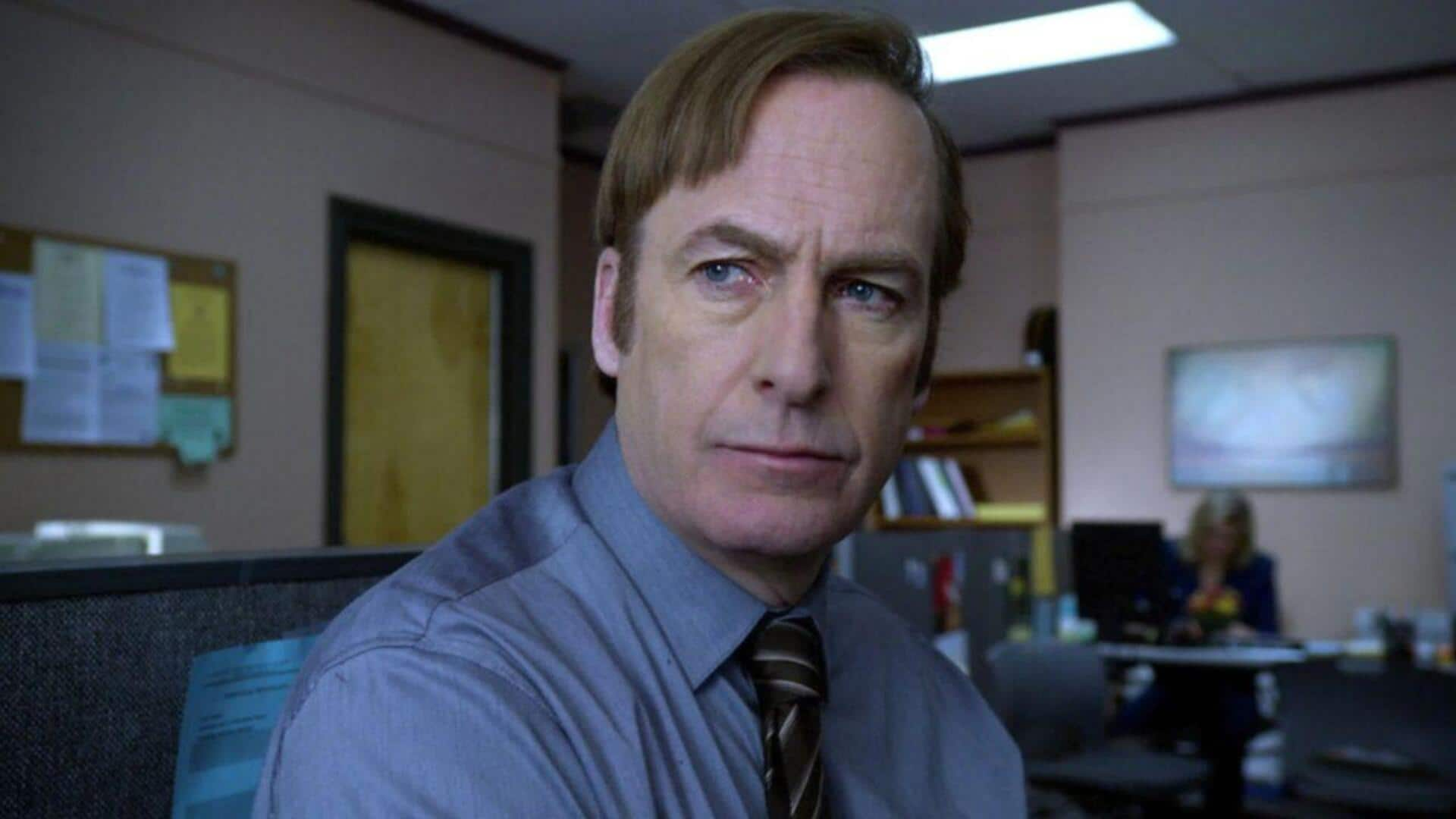
'Better Call Saul's hidden layers will blow your mind
What's the story
Better Call Saul, a prequel to acclaimed series Breaking Bad, has been captivating audiences with its intricate storytelling and character development. While many of you would be aware of the show's main plotlines, there are several behind-the-scenes secrets even the most dedicated viewers might not know. They reveal the meticulous planning, creative decisions behind the show, offering a deeper appreciation for this critically acclaimed series.
Character origins
Real-life inspirations for characters
Many characters in Better Call Saul are based on real-life people known to the creators. For example, Jimmy McGill's character is partly inspired by a lawyer known for his colorful personality and unconventional methods. This association adds authenticity to the portrayal of Jimmy as a resourceful yet morally ambiguous attorney. Such inspirations help ground the show in reality, making it relatable yet dramatic.
Set secrets
Hidden details in set design
The set design of Better Call Saul is so packed with subtle details that they strengthen storytelling without distracting from the story itself. For instance, certain color schemes are used consistently to reflect emotional states of the characters or foreshadow events. Such visual cues add an extra layer of meaning for the viewers who notice them. They enrich their viewing experience with clever design choices.
Script evolution
Script changes during filming
Scripts for Better Call Saul often change a lot on the spot depending on the actors's input or surprises. This way, you get more natural dialogue and real performances as actors interpret their roles in their own way. Such flexibility makes sure every scene looks real and spontaneous, while remaining true to the larger story arcs.
Filming innovations
Unique filming techniques used
The production team uses innovative filming techniques to capture specific moods or highlight particular scenes effectively. For instance, they use specialized camera angles or lighting setups tailor-made for certain episodes or sequences within episodes themselves—enhancing tension when needed without relying solely on dialogue-driven drama alone throughout entire seasons altogether instead.